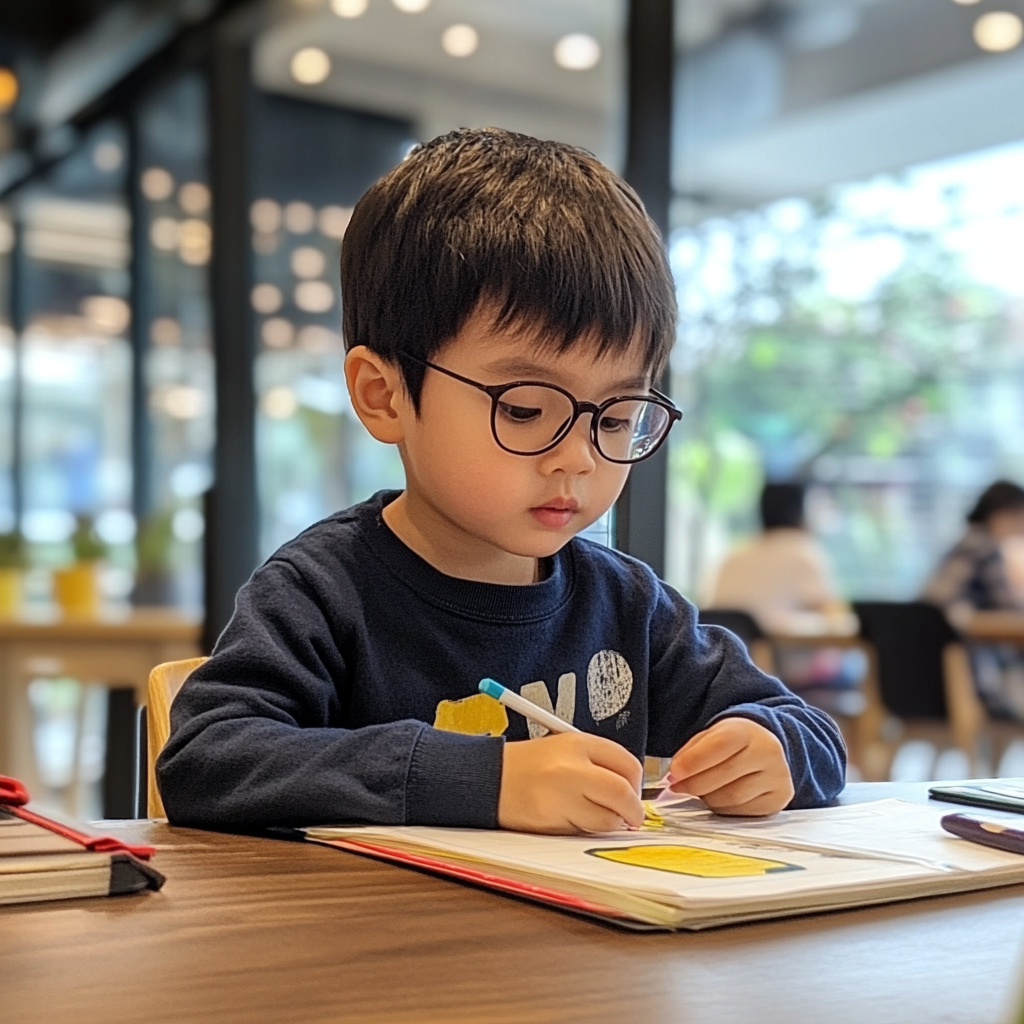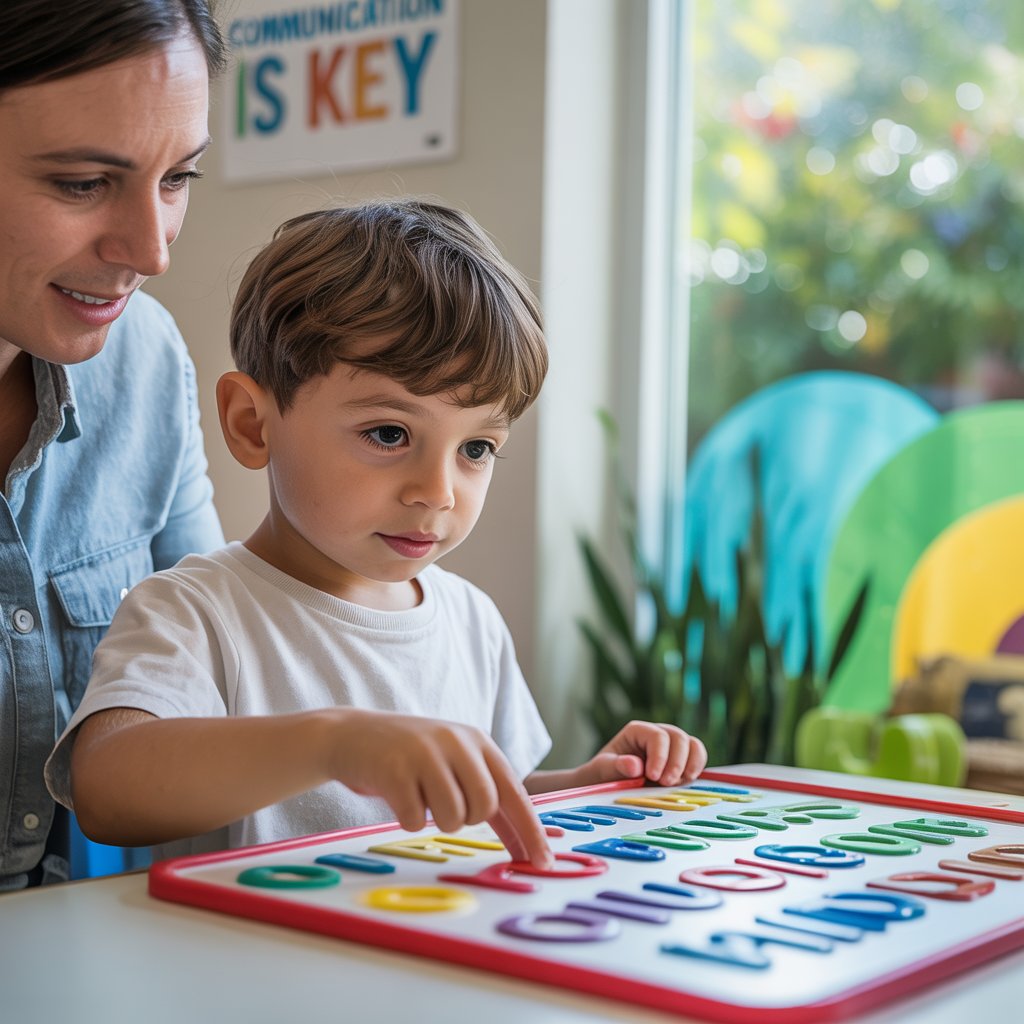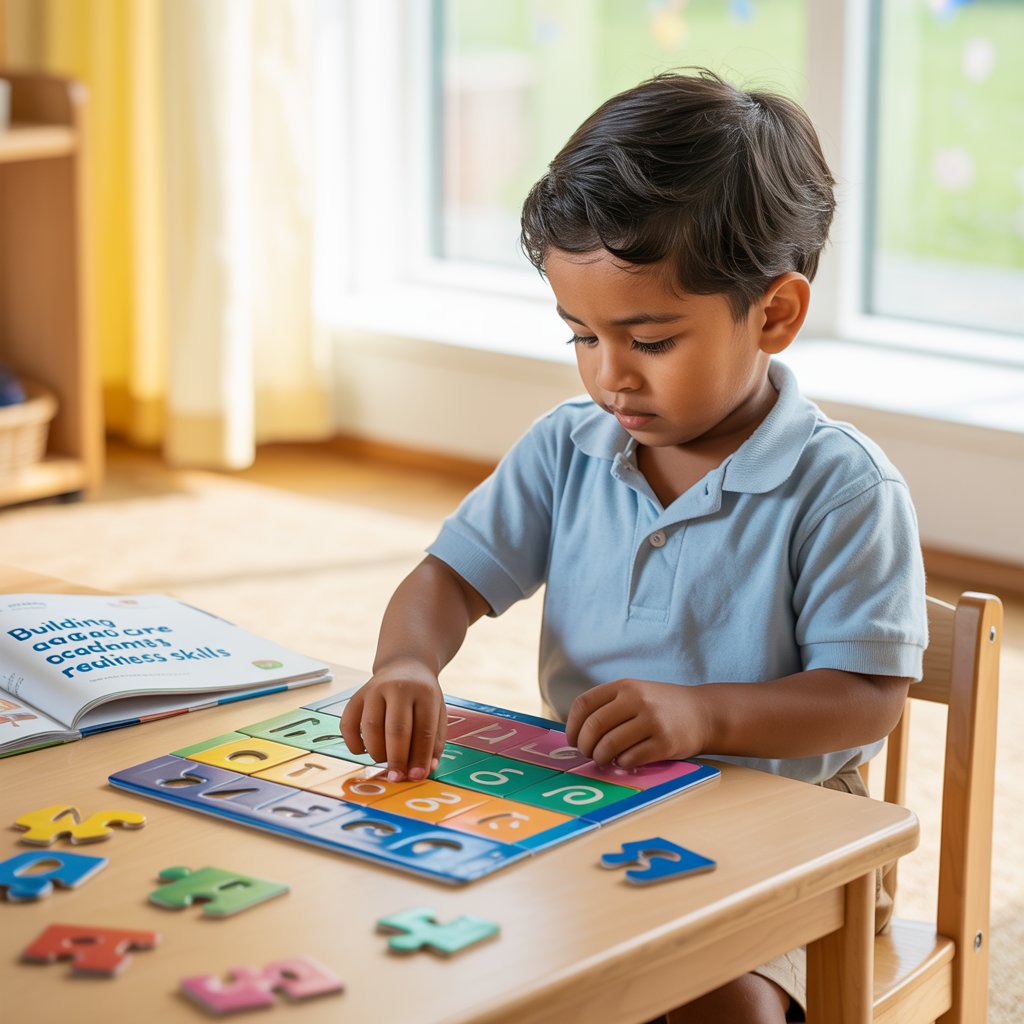Real-Life Benefits of ABA for Autistic Children

Communication Skills Development Through ABA
When kids can't express their needs clearly, frustration skyrockets. This is why communication gains through ABA therapy often create the most dramatic quality-of-life improvements for autistic children and their families.
ABA breaks down communication into teachable components. A therapist might start with basic requesting skills—teaching a non-verbal child to point, use picture cards, or sign for desired items. As skills grow, therapy progresses toward more complex communication like asking questions, making comments, or carrying conversations.
Parents often report breakthroughs like:
- First words after years of silence
- Decreased meltdowns as children learn to express needs
- Development of spontaneous language beyond scripted responses
- Ability to communicate with people outside the immediate family
The beauty of ABA is its precision. If a child struggles with asking questions, therapists don't just practice generic "communication"—they specifically target question-asking in various contexts until it becomes natural.
Social Interaction Improvements Parents Can Expect
Social skills don't come automatically for many autistic children. ABA therapy systematically builds these abilities through deliberate practice and positive reinforcement.
Think about what happens during typical play dates: children navigate sharing toys, taking turns, reading facial expressions, and adjusting to others' interests. These interactions involve dozens of micro-skills that neurotypical kids absorb naturally but autistic children often need explicit instruction to master.
Common social improvements through ABA include:
- Making eye contact when appropriate
- Understanding personal space boundaries
- Taking turns in games and conversations
- Recognizing emotional cues in others
- Developing play skills beyond parallel play
Parents frequently notice their children becoming more interested in peers, rather than only engaging with adults or playing alone. One mom told me how her heart nearly burst watching her son invite another child to play for the first time—a milestone made possible through months of dedicated social skills training.

Self-Regulation and Emotional Management Gains
Emotional storms can feel overwhelming for autistic children and exhausting for families. ABA therapy equips kids with concrete strategies to navigate big feelings.
ABA tackles self-regulation by first identifying triggers for emotional dysregulation. Is it sensory overload? Unexpected changes? Communication barriers? Once triggers are clear, therapists develop personalized strategies:
For sensory-seeking children, they might create "sensory diets" with regular movement breaks or deep pressure activities. For children struggling with transitions, they introduce visual schedules and timers to make changes predictable.
Parents report remarkable progress:
- Children requesting breaks when overwhelmed instead of melting down
- Decreased self-injurious behaviors as coping skills improve
- Better tolerance for previously challenging sensory experiences
- Ability to use calming techniques independently
The goal isn't suppressing emotions but teaching children how to recognize and manage them effectively. One father described his son's progress: "Before ABA, a dropped ice cream cone meant a 45-minute meltdown. Now he says 'I'm disappointed' and we problem-solve together."
Daily Living Skills Enhancement
Independence in everyday tasks transforms family dynamics. ABA therapy methodically builds these critical skills—from brushing teeth to preparing simple meals.
What makes ABA effective for daily living skills is task analysis—breaking complex routines into manageable steps. For example, hand-washing becomes:
- Turn on water
- Get soap
- Rub hands together
- Rinse hands
- Turn off water
- Dry hands
Each step is taught systematically until the entire sequence becomes automatic.
Parents celebrate meaningful victories:
- Children dressing themselves independently
- Mastering bathroom routines without prompting
- Helping with household chores
- Preparing simple snacks
- Following safety rules in public places
These skills reduce family stress and build children's confidence. As one mother shared, "The first morning my son got dressed completely on his own, I cried. It wasn't just about the practical help—it was seeing his pride in his own capability."
The ripple effects of these daily living skills extend far beyond convenience. They lay groundwork for future independence and build self-esteem that supports success in all areas of life.







